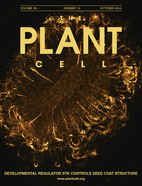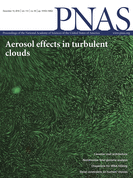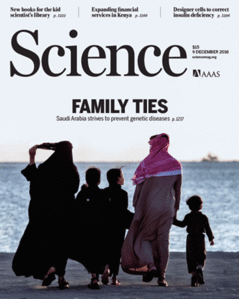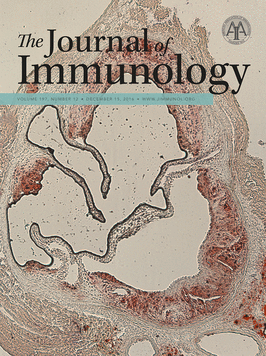 Authors have retracted a JAMA article summarizing the evidence behind the benefits of a supplement, after the systemic review upon which it was based was withdrawn.
Authors have retracted a JAMA article summarizing the evidence behind the benefits of a supplement, after the systemic review upon which it was based was withdrawn.
The 2014 paper, “Oral Zinc for the Common Cold,” drew from a 2013 Cochrane Review, considered the gold standard for rigorous analyses of clinical treatments. That Cochrane review was withdrawn last year, a decision that the editors upheld this past September. Both were co-authored by Rashmi Ranjan Das, of the All India Institute of Medical Sciences, in Bhubaneswar, and Meenu Singh, of the Post-Graduate Institute of Medical Education and Research, in Chandigarh, India.
JAMA editor in chief Howard Bauchner told Retraction Watch that this week’s retraction followed an investigation by the journal: Continue reading JAMA article on zinc for the common cold retracted






 An investigation into the lab of a prominent cancer researcher in British Columbia has revealed nearly 30 acts of misconduct.
An investigation into the lab of a prominent cancer researcher in British Columbia has revealed nearly 30 acts of misconduct.  A lab at the University of California, Los Angeles has retracted two papers for duplicated images.
A lab at the University of California, Los Angeles has retracted two papers for duplicated images.